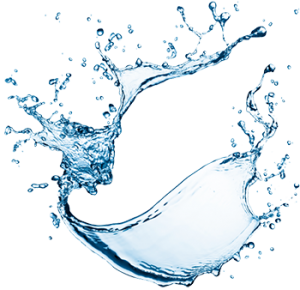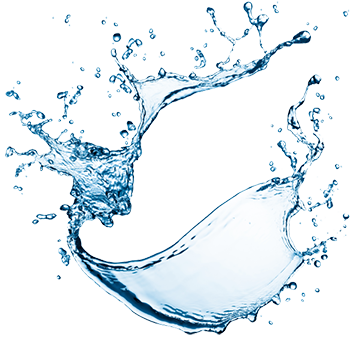
Dehydration by Your Marque Team
 Dehydration is a condition that occurs when the loss of body fluids, mostly water, exceed the amount that is taken in. We lose water every day in the form of water vapor in the breath we exhale and in our excreted sweat, urine, and stool. Along with the water, small amounts of salts are also lost. When we lose too much water, our bodies may become out of balance or dehydrated. Severe dehydration can lead to death.
Dehydration is a condition that occurs when the loss of body fluids, mostly water, exceed the amount that is taken in. We lose water every day in the form of water vapor in the breath we exhale and in our excreted sweat, urine, and stool. Along with the water, small amounts of salts are also lost. When we lose too much water, our bodies may become out of balance or dehydrated. Severe dehydration can lead to death.
Many conditions may cause rapid and continued fluid losses and lead to dehydration:
- Fever, heat exposure, and too much exercise
- Vomiting, diarrhea, and increased urination due to infection
- Diseases such as diabetes
- The inability to seek appropriate water and food (as in the case of a disabled person)
- An impaired ability to drink (for instance, someone in a coma or on a respirator)
- No access to safe drinking water
- Significant injuries to skin, such as burns or mouth sores, or severe skin diseases or infections (water is lost through the damaged skin)
The signs and symptoms of dehydration range from minor to severe and include:
- Increased thirst
- Dry mouth and swollen tongue
- Weakness
- Dizziness
- Palpitations (feeling that the heart is jumping or pounding)
- Confusion
- Sluggishness fainting
- Fainting
- Inability to sweat
- Decreased urine output
Try to get people who are dehydrated to take in fluids in the following ways:
- Sipping small amounts of water
- Drinking carbohydrate/electrolyte-containing drinks. Good choices are sports drinks such as Gatorade
- Sucking on popsicles made from juices and sports drinks
- Sucking on ice chips
The foremost treatment for dehydration is prevention. Anticipate the need for increased fluid intake.
- Plan ahead and take extra water to all outdoor events and work where increased sweating, activity, and heat stress will increase fluid losses. Encourage athletes and outdoor workers to replace fluids at a rate that equals the loss.
- Avoid exercise and exposure during high heat index days. Listen to weather forecasts for high heat stress days, and plan events that must occur outside during times when temperatures are cooler.
- Avoid alcohol consumption, especially when it is very warm, because alcohol increases water loss and impairs your ability to sense early signs associated with dehydration.
- Wear light-colored and loose-fitting clothing if you must be outdoors when it is hot outside. Carry a personal fan or mister to cool yourself.
The information provided is for general interest only and should not be misconstrued as a diagnosis, prognosis or treatment recommendation. This information does not in any way constitute the practice of medicine, or any other health care profession. Readers are directed to consult their health care provider regarding their specific health situation. Marque Medical is not liable for any action taken by a reader based upon this information.
